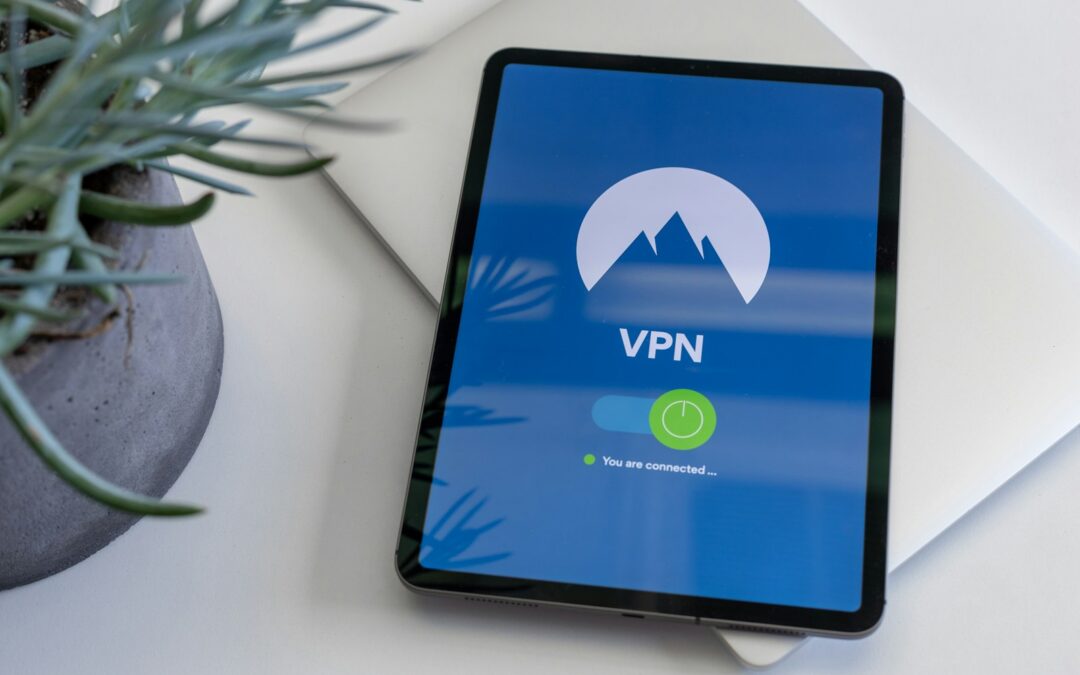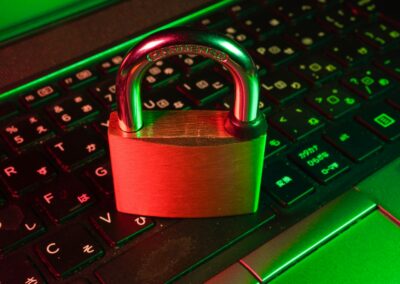Strengthening Organizational Cybersecurity with Zero Trust
The Fundamentals of Zero Trust Security Models
Zero Trust Security Models represent a paradigm shift in the approach to cybersecurity, particularly relevant to businesses and organizations in Saudi Arabia, UAE, Riyadh, and Dubai. Traditional security frameworks operated on the assumption that everything inside an organization’s network could be trusted. However, the increasing complexity of cyber threats necessitates a more rigorous approach, where trust is continuously verified rather than assumed. This is where Zero Trust comes into play.
The core principle of Zero Trust is simple: “Never trust, always verify.” Every access request, whether from inside or outside the network, is treated as a potential threat. Verification processes include multifactor authentication, stringent access controls, and continuous monitoring. This model ensures that only authenticated and authorized users and devices can access the network, and only to the extent necessary for their tasks.
Incorporating Artificial Intelligence (AI) and Machine Learning (ML) further enhances Zero Trust frameworks. These technologies analyze vast amounts of data to identify unusual patterns and behaviors indicative of potential security breaches. AI-driven analytics can detect anomalies in real-time, allowing organizations to respond swiftly to threats. This is crucial for maintaining the integrity of systems and protecting sensitive data, especially in sectors such as finance and government, where data breaches can have severe consequences.
Real-Time Threat Detection and Response
Implementing Zero Trust Security Models provides organizations with robust real-time threat detection and response capabilities. In regions like Riyadh and Dubai, where digital transformation is accelerating, the need for dynamic and proactive cybersecurity measures is paramount. Zero Trust frameworks facilitate the identification of threats as they occur, rather than after the fact, thereby reducing the potential damage.
AI and ML are integral to these capabilities. By continuously analyzing network traffic, user behavior, and system logs, AI can detect deviations from the norm that may signal a security threat. For instance, if a user who typically accesses the network from Riyadh suddenly logs in from an unfamiliar location, the system can flag this activity for further investigation. Automated response protocols can then isolate the threat, block access, and alert security teams, minimizing the risk and impact of potential cyber attacks.
Furthermore, the predictive capabilities of AI and ML enable organizations to anticipate and prepare for future threats. By understanding the tactics, techniques, and procedures (TTPs) of cyber adversaries, AI can help develop more effective defense strategies. This proactive approach is essential for maintaining a robust cybersecurity posture in an increasingly digital and interconnected world.
Building a Culture of Cybersecurity
Beyond technology, the successful implementation of Zero Trust Security Models requires a cultural shift within organizations. Executive coaching services play a vital role in fostering this change. Leaders in Saudi Arabia, UAE, Riyadh, and Dubai must understand the importance of cybersecurity and champion the adoption of Zero Trust principles throughout their organizations.
Executive coaching can provide leaders with the knowledge and skills needed to navigate the complexities of cybersecurity. By emphasizing the significance of Zero Trust and the role of advanced technologies like AI and ML, coaching helps leaders make informed decisions and prioritize cybersecurity investments. This, in turn, creates a culture where security is ingrained in every aspect of the organization’s operations.
Moreover, executive coaching can enhance leadership and management skills, ensuring that leaders are prepared to handle the challenges of implementing and maintaining Zero Trust frameworks. This includes managing the human elements of cybersecurity, such as training employees, fostering collaboration, and promoting a security-first mindset.
Achieving Business Success through Enhanced Cybersecurity
Protecting Digital Assets and Business Continuity
The adoption of Zero Trust Security Models is not just about preventing cyber attacks; it is also about ensuring business continuity and success. For businesses in Saudi Arabia, UAE, Riyadh, and Dubai, where digital transformation is a key driver of growth, robust cybersecurity measures are essential. Zero Trust frameworks provide the security needed to protect digital assets, maintain customer trust, and ensure uninterrupted operations.
In industries such as finance, healthcare, and government, the implications of a security breach can be catastrophic. Zero Trust Security Models mitigate these risks by providing a layered defense that continuously verifies the legitimacy of every access request. This minimizes the chances of unauthorized access and data breaches, thereby safeguarding the organization’s reputation and financial stability.
Furthermore, the integration of blockchain technology within Zero Trust frameworks offers an additional layer of security. Blockchain’s decentralized and immutable nature makes it highly resistant to tampering and fraud. This technology can be used to secure transactions, verify identities, and ensure the integrity of data, providing organizations with a powerful tool to enhance their cybersecurity posture.
Driving Innovation and Competitive Advantage
Zero Trust Security Models also drive innovation and competitive advantage. By leveraging advanced technologies such as AI, ML, and blockchain, organizations can develop more effective and efficient cybersecurity strategies. This not only protects the organization but also positions it as a leader in the industry, capable of adapting to and overcoming the latest cyber threats.
In regions like Riyadh and Dubai, where competition is fierce and digital innovation is a priority, the adoption of cutting-edge cybersecurity measures can set an organization apart. By demonstrating a commitment to security, organizations can build stronger relationships with customers, partners, and stakeholders. This trust is crucial for business success, particularly in sectors where data privacy and security are paramount.
Moreover, the insights gained from AI and ML-driven analytics can inform broader business strategies. By understanding the patterns and behaviors associated with cyber threats, organizations can anticipate and prepare for future challenges. This proactive approach not only enhances security but also drives continuous improvement and innovation.
Effective Project Management for Cybersecurity Implementation
The successful implementation of Zero Trust Security Models requires effective project management. This involves planning, resource allocation, execution, and continuous monitoring. In Saudi Arabia, UAE, Riyadh, and Dubai, where large-scale digital transformation projects are common, robust project management practices are essential.
Project managers must ensure that Zero Trust initiatives align with organizational goals and objectives. This requires a clear understanding of the potential benefits and challenges of these technologies, as well as a strategic approach to implementation. By developing a detailed project plan, managers can ensure that all stakeholders are aligned and that resources are allocated effectively.
Continuous monitoring and evaluation are also critical. By regularly assessing the performance of Zero Trust frameworks, organizations can identify areas for improvement and make necessary adjustments. This iterative approach ensures that cybersecurity measures remain effective and relevant, even as the threat landscape evolves.
Conclusion
The implementation of Zero Trust Security Models, bolstered by AI, ML, and blockchain technologies, is transforming cybersecurity. For organizations in Saudi Arabia, UAE, Riyadh, and Dubai, these advanced frameworks provide robust protection against sophisticated cyber threats, ensuring business continuity and success. By fostering a culture of cybersecurity, leveraging executive coaching, and implementing effective project management practices, organizations can harness the power of Zero Trust to enhance their cybersecurity posture and achieve long-term success.
#ZeroTrustSecurity #Cybersecurity #AI #MachineLearning #Blockchain #ExecutiveCoaching #BusinessSuccess #Leadership #ProjectManagement #SaudiArabia #UAE #Riyadh #Dubai























